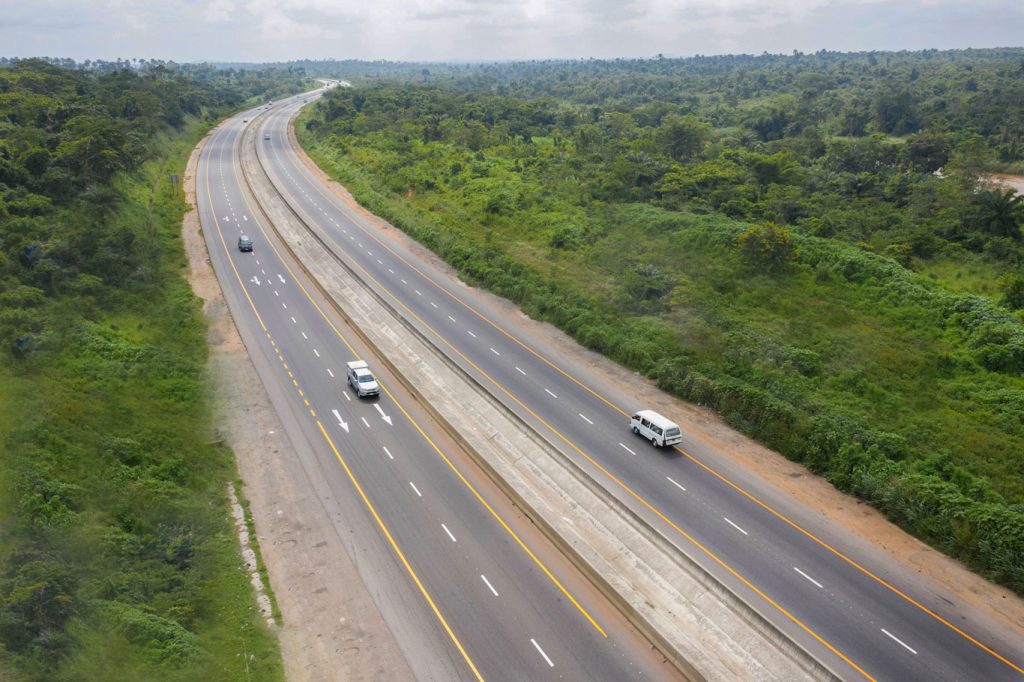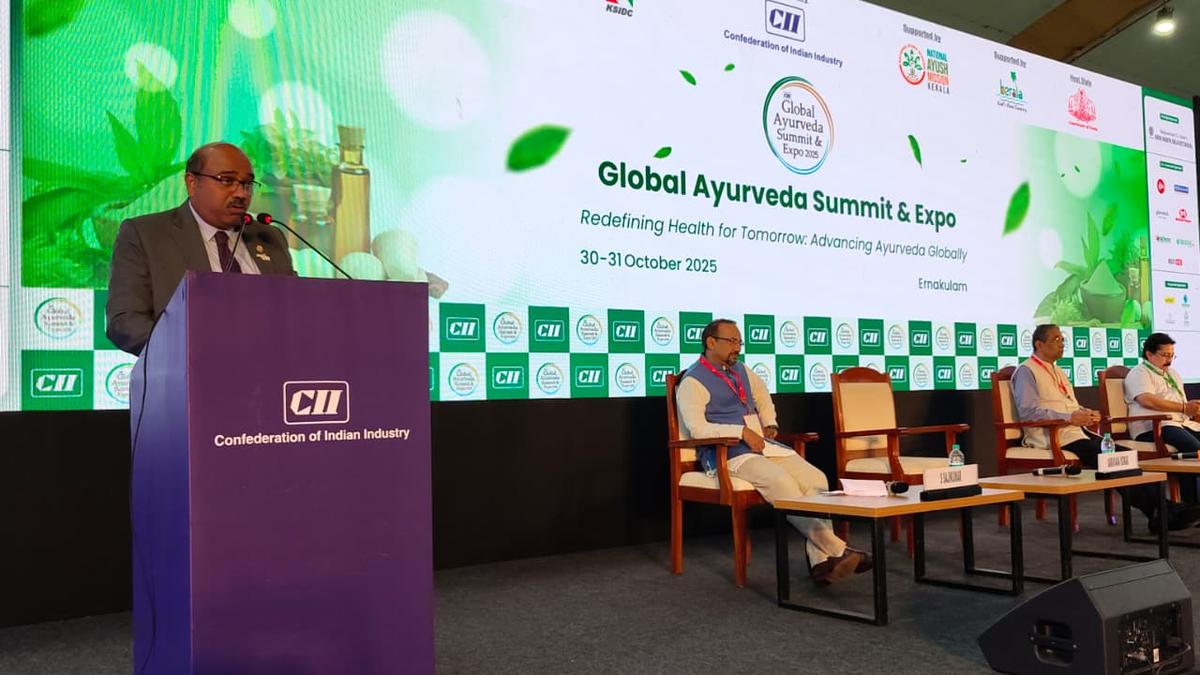Copyright thenationonlineng

By Jonas Ahl For an executive travelling the Lagos–Ibadan expressway, or heading from Lagos down the Badagry–Lekki corridor, or taking the Enugu–Port Harcourt (via Aba) route, danger has never been far away. The familiar threat of roadside ambush looms, but it is only half the story. A malicious email, a deep-fake message, or a manipulated social-media post can strike just as suddenly, sometimes to set up a physical attack. Attackers are no longer choosing between physical and digital; they are combining both. Nigeria cannot afford to treat digital, cyber and physical security separately. Convergence is here. Today we operate in an integrated threat intelligence environment – the ability to merge digital signals with field data in real time – must become the new baseline for protection and investment. This echoes findings in the World Security Report 2025, as one in three (33 per cent) of Nigerian security chiefs say they have experienced increased threats of violence directed at executives, while 55 per cent cite rising risks of civil unrest and activism. This is based on insights from 2,352 security leaders in 31 countries, including 58 security chiefs from Nigeria and 174 in total from Sub-Saharan Africa. The World Security Report 2025, commissioned by Allied Universal®, the world’s leading provider of security and facility management services, and its international business, G4S, also reveals nearly 90 per cent of Nigerian companies plan to increase their physical security budgets — the highest rate globally, yet more than half admit they lack access to real-time intelligence to anticipate or prevent incidents. The contradiction is clear: spending is rising, but foresight remains elusive. Read Also: FEC approves $396m loans for northern IDPs, Sokoto health project That shortfall carries a national cost. When the Nigeria Customs Service’s ICT platform was recently hit by a cyber attack, port operations across the country ground to a halt. Cargo clearance stalled, agents incurred losses, and the delay confirmed that a single cyber breach can paralyse a physical supply chain. It was a stark warning: resilience in one domain means little if the other remains exposed. As cybersecurity expert Loveth Odozor recently warned, kidnappers now exploit social media and mobile data to identify and track victims, turning personal digital footprints into real-world vulnerability. This blurring of the lines underscores why proactive, integrated intelligence is essential. True protection now requires both visibility and speed. When physical security, guards, patrols, checkpoints are complemented by digital and social monitoring, organisations can identify threats early and scupper attacks before they unfold. Integrated intelligence allows companies to connect the dots between an online post, a data breach, and real-world violence. That future is within reach, but only if we treat intelligence as a shared, protected asset. The threats are evolving together; our defences must too. For Nigeria’s firms and investors, the benefit of such integration is unmistakable: fewer costly disruptions, steadier operations, and stronger credibility among partners who see forward-looking resilience rather than reactive crisis management. Despite the evidence, progress remains slow. Many organisations still run their physical and digital security teams in strict separation, rarely sharing insights. Budgets favour what is visible; guards, fences, vehicles, while less visible but crucial systems like AI-assisted monitoring and data analytics remain under-funded. To close the gap between ambition and preparedness, Nigeria’s many successful companies should consider sharing information between their different departments and utilise security providers that know how to obtain and use risk-related intelligence to protect their clients’ operations, travel and managers. Nigeria has a wealth of opportunities and many businesses want to operate here, giving careful consideration to how they can best protect their people and operations is essential and has to be grounded in intelligence. •Ahl is managing director of G4S Nigeria



